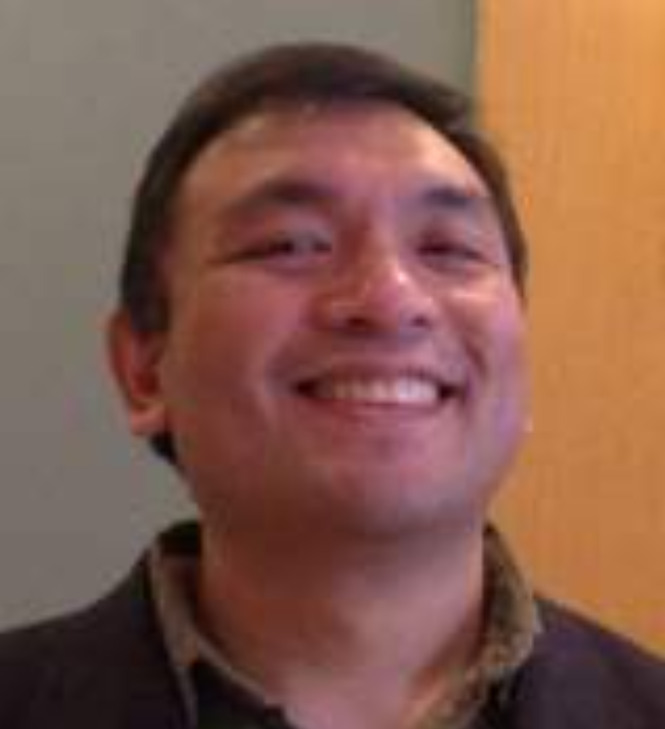
Jesus “Gary” Domingo is not your average diplomat. In his very first mission on behalf of the Philippine government, he found himself at the forefront of “danger diplomacy,” coordinating the evacuation of overseas Filipino workers in Iraq and Kuwait during the 1990-1991 Gulf War. This set the stage for his ongoing interest in improving international disaster response.
Having joined the Philippines Department of Foreign Affairs in 1990, Gary is today the Consul General and Minister at the Permanent Mission of the Philippines to the United Nations in Geneva. His dedication to improving legal preparedness for disasters in his home country has sprung from his own first-hand experience in disaster response during the eruption of the Mount Pinatubo volcano, as well as his constant interaction with the IFRC, ICRC, International Organization for Migration and the UN Humanitarian and Disarmament Agencies.
In recent months, Gary has been an active voice in disaster law developments in the Philippines. At a high-level IDRL workshop he helped to organize in Manila in June, Gary encouraged his governmental counterparts to take into consideration the IDRL Guidelines when re-examining the current legal framework for disaster response. Indeed, he considers the Guidelines “a vital and important framework for international humanitarian cooperation”. He has also been active in Geneva, working to build bridges between so-called “donor” and “recipient” states and between governments and humanitarian agencies in order to find mutual solutions to IDRL problems.
Having worked closely with the Philippine Red Cross as a volunteer, Gary is well aware of the challenges both governments and National Societies face in delivering effective and timely relief after disasters, and the enormous needs among affected populations. “Seeing first-hand the devastation caused by natural disasters in my country, I feel compelled to do something about it, and the IDRL initiative provides an opportunity for this”.
For Gary, improving disaster laws in the Philippines is a national priority, given the frequency and severity of natural disasters, as sadly highlighted by the floods that inundated metro Manila in mid-2012. In order to respond effectively, as Gary explains, “we need good laws, policies and regulations in place. Operations are effective if they are guided by strong laws. IDRL is a necessary and timely legal and operational framework, and if put in place, can ultimately save lives”.
The Philippines is an exemplar of disaster preparedness in the Asia Pacific region, with a comprehensive national framework for disaster risk reduction and management already in place. Gary says he is “proud of our dedicated legislators, government colleagues, civil society advocates, business sector and of course the Philippine Red Cross. We certainly have elements of an effective legal regime for disaster preparedness in our landmark national disaster risk reduction and management law”.
So what more can be done? Despite the comprehensive nature of the Philippines’ current framework, “it needs further development regarding its provisions on international cooperation” he notes. The IDRL Guidelines provide a basis on which to elaborate the already existing framework and thus, according to Gary, “ensure consistency with international disaster response law norms”.
Gary realises that while he remains in Geneva, he is not often a direct part of response efforts on the ground. However, “as an advocate for IDRL”, he explains, “I know I am doing something meaningful for my country.”